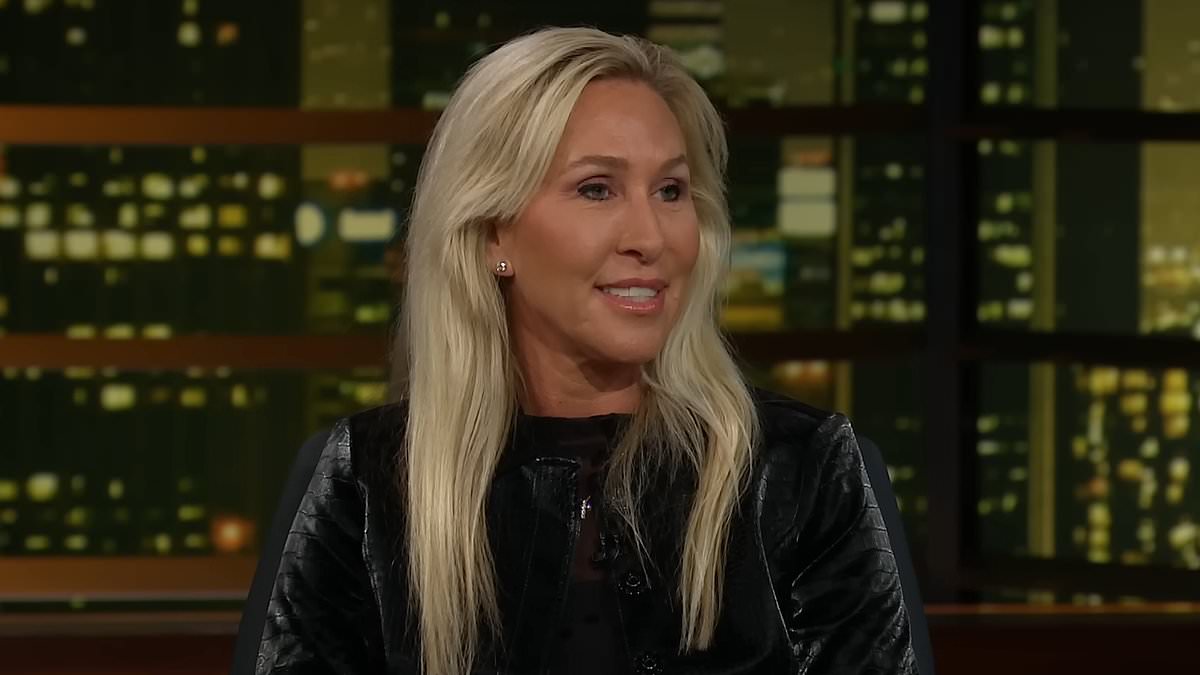Copyright newstatesman

The Health Secretary, Wes Streeting, has branded revelations about maternity services at Oxford University Hospitals NHS Foundation Trust (OUH) “scandalous”, following a joint investigation by the New Statesman and Channel 4 News. Oxford is one of 12 units currently subject to “rapid review” by the Labour peer Valerie Amos, as part of the government’s independent national investigation into maternity and neonatal services. Amos and her team are in Oxford today (Wednesday 5 November) for a two-day visit as part of that review. But our findings – which the Health Secretary said pointed to a “moral failure” at the trust – have prompted Streeting to ask NHS England to investigate allegations far beyond the scope of Amos’s remit. “I think there are serious questions to answer, and sunlight is the best disinfectant,” he said. “The things that you’ve put to me are scandalous.” During a four-month investigation into maternity care provided by OUH, we have spoken with two dozen women, uncovering a catalogue of failures. We have heard distressing accounts of stillbirths and neonatal deaths, and met mothers who have suffered serious physical and mental harm. For many, the damage has been made worse by the trust’s defensiveness in the face of criticism, and its extraordinary reaction when those who have suffered failures in care have spoken out. “I’ve heard some truly shocking stories about failures of care and the consequences for families who are left picking up the pieces and enduring unimaginable loss, sorrow, pain and – in some cases – direct injury too,” Streeting told me, reflecting on all that he has heard from families across the country over the past year. “But what you have put to me, even against that context, is extremely serious and truly shocking.” As we sat in Streeting’s office at the Department of Health and Social Care – with a sky-high view of Westminster, his ministerial red box on the table – it was clear how committed he is to improving England’s maternity care. When he first took on the health brief while in opposition, he recalled, he had vowed to be “the shop steward for patients”. For Streeting, maternity services have become a “litmus test” for making sure he is following through on that promise. He believes we have “a cultural problem in this country” where we have accepted “as normal, levels of birth injury, trauma and baby loss that other advanced economies with good health systems would never accept as normal”. It is this culture that needs tackling, he said, as well as the flaws in clinical practice. With around half of England’s maternity units rated as either requiring improvement or inadequate by the Care Quality Commission, poor care is by no means confined to the 12 trusts currently under review. But what we have discovered at OUH is not just failures in individual cases, but medical practices at odds with national guidelines, which might be placing mothers and babies at risk. In 2016, OUH introduced a new care pathway: the Oxford Growth Restriction Identification Programme, or OxGrip. It aimed to reduce stillbirths by identifying the women most at risk, while “making best usage of resources, and restricting inequitable practice and unnecessary obstetric intervention”. It did this by adding an extra scan for all pregnant women – at 36 weeks. This is not recommended by the National Institute for Health and Care Excellence (Nice), “because current evidence does not show that routinely scanning all women with uncomplicated, singleton pregnancies conveys a benefit”. The New Statesman heard allegations that the extra resources required to perform these additional scans at scale meant there was a chance that individual scans outside of the pathway were being denied – even for women whose pregnancies had been designated high-risk. Alice Topping’s daughter, Smokey, was born dead in September 2023, when Alice was ten days past her due date. Despite her pregnancy being classed as high-risk, Alice was denied a scan at 40 weeks when she feared her baby had stopped growing. National guidelines published by the Royal College of Obstetricians and Gynaecologists, the National Institute for Health and Care Excellence (Nice) and the NHS’s Saving Babies’ Lives initiative, say that growth scans should continue at between two- and four-weekly intervals up until delivery in high-risk pregnancies. When Smokey died, Alice had gone more than five weeks without a scan. Wes Streeting has asked NHS England to investigate the “rationale” behind OxGrip “immediately”. This will include how it is monitored and evaluated, as well as its impact on resources. He told the New Statesman that guidelines are set as guidelines and not a legal requirement because “you always want to leave some space for innovation and for people to advance quality of care”. But, he stressed, deviation from national guidelines can only be justified if it demonstrably leads to “better outcomes and quality and safety”. In relation to OxGrip, he said, he wants to know to what extent the extra 36-week scan is being deployed in “detriment to other services”. Campaigners for better care in Oxfordshire have faced a series of obstacles. One received a threatening a legal letter from a consultant obstetrician (sent in a personal capacity; the OUH itself had no part in the letter), and found that doctors had disparaged them in their medical notes. Others had their comments in a meeting covertly recorded by someone with connections to the trust (the OUH says it had no knowledge of this at the time) – one mother’s words were even reported to the police. For Streeting, who regularly meets with families harmed by NHS maternity services, this last episode was a “sickening betrayal of trust”. “I have sat in those conversations with families, describing to me – a total stranger and a government minister – the most personal and distressing stories,” he told me. “The idea that I would record these stories, even for an internal record, without asking permission, you just wouldn’t countenance it… When people come into those spaces, they are leaving themselves extremely vulnerable emotionally, and I struggle to comprehend how one human being could do that to another.” The Health Secretary finds himself in a difficult position, trying to balance the competing demands of different families. In October, Leeds Teaching Hospitals NHS Trust was removed from Amos’s rapid review, as campaigners were granted a full inquiry into maternity care there. “Candidly, one of the choices and trade-offs I’m balancing constantly at the moment is the extent to which I heed and act on calls for a whole number of local inquiries,” Wes Streeting told the New Statesman. “I think there’s a genuine risk of the NHS drowning in inquiries and constantly looking in the rear-view mirror, when I feel this massive pressure on my shoulders at the moment to drive improvement more rapidly,” he explained. “I think it’s clear that there are serious issues in Oxford,” he said, but whether it – or anywhere else – is granted its own inquiry is an open question. The Health Secretary stressed he has not ruled out the full public inquiry into maternity services that some families desperately want. But ultimately, he believes that families are after two things: “one is honesty and accountability, and the second is improvement”. For Streeting, this is personal. “I feel it,” he says. “We’re regularly moved to tears by what we hear and sometimes, when I’m on my own, quietly reflecting at the end of a long day… or when I’m talking to my own family about what’s going on in maternity and what I’ve heard, it really upsets me.” The Oxford University Hospitals NHS Foundation Trust now has a responsibility to be honest with families, and the public about what has taken place, “and whether they think they are at fault or not”, he said. “I’ve asked NHS England to look immediately at the allegations that you’ve raised and what your investigation has uncovered. I want to see the outcome of their work and I want the trust to account to me as the secretary of state.” It is, Streeting said, his duty “to hold the NHS to account on behalf of the public”. [Further reading: Britain’s next maternity scandal]



